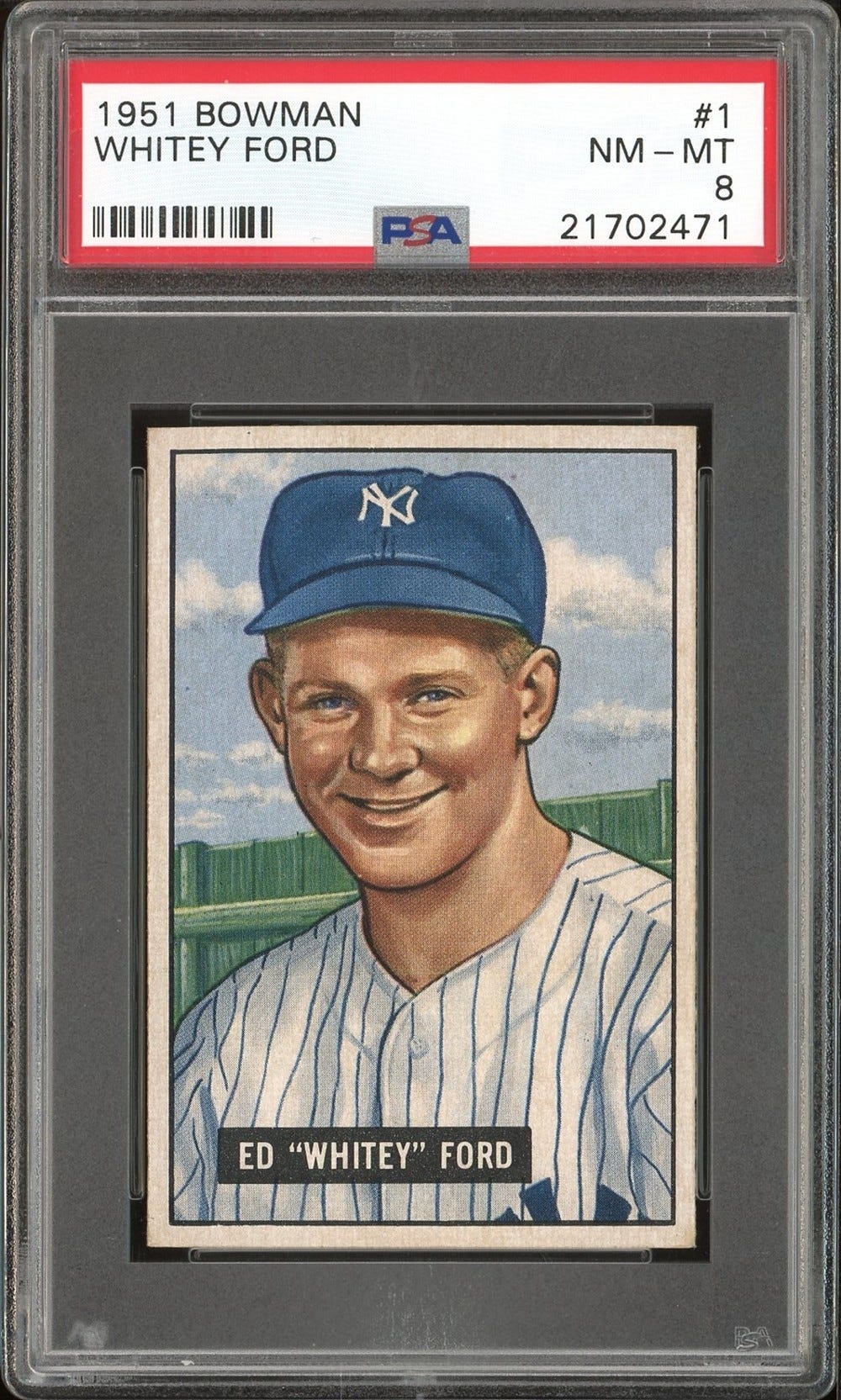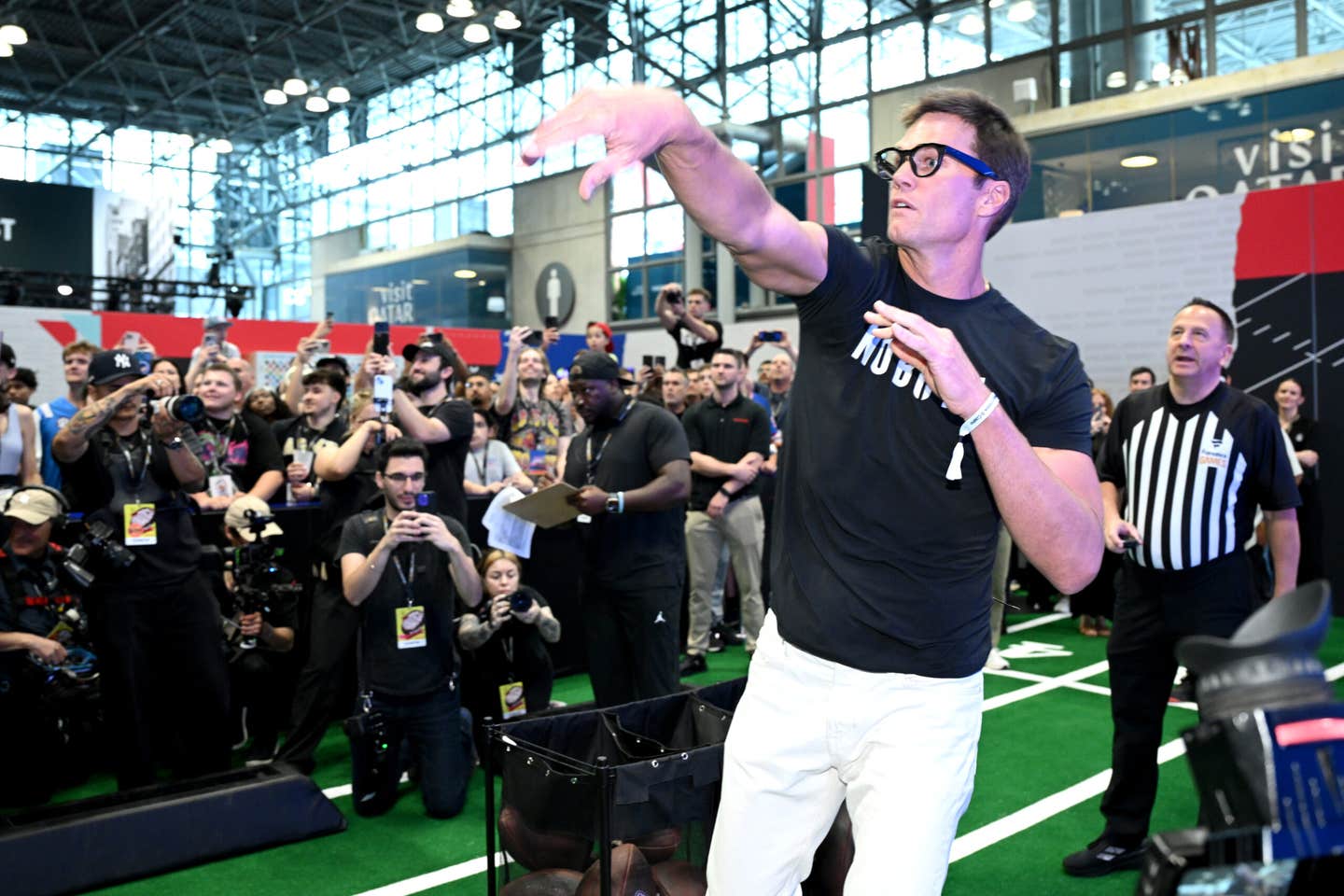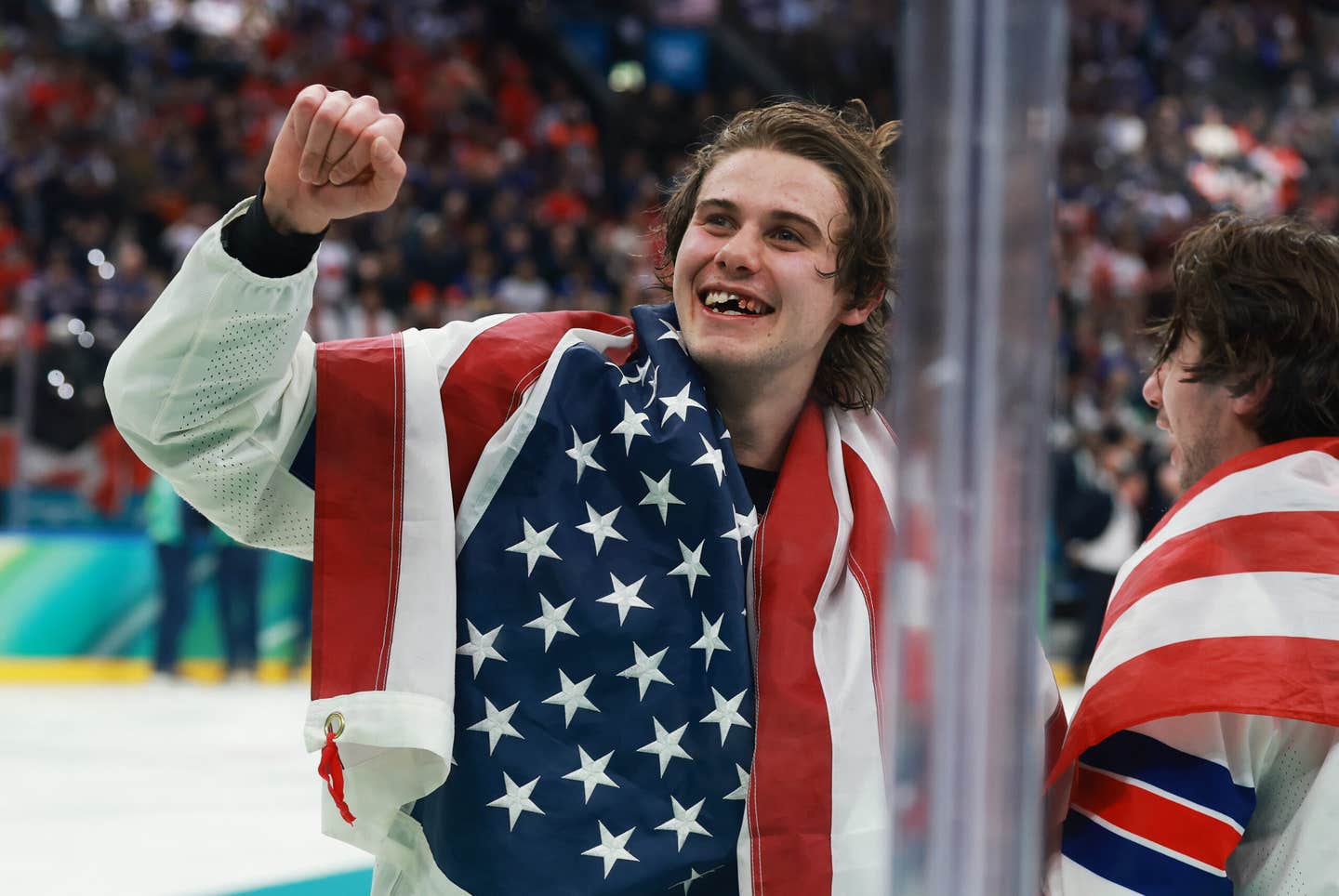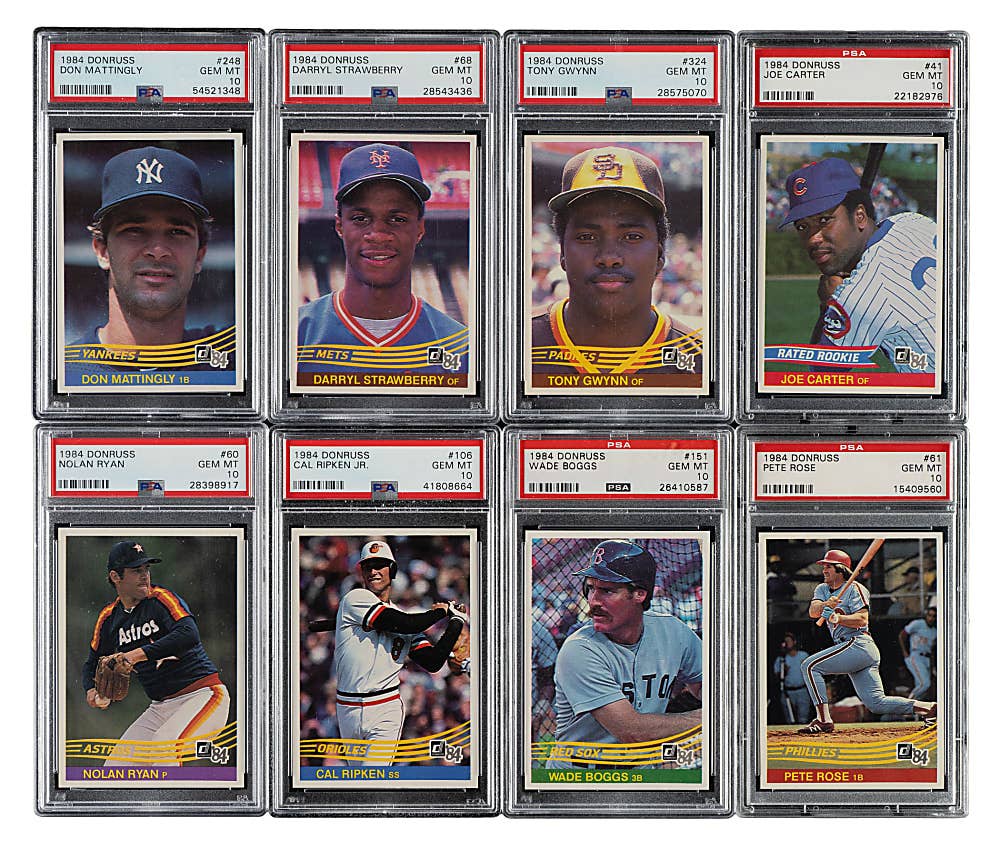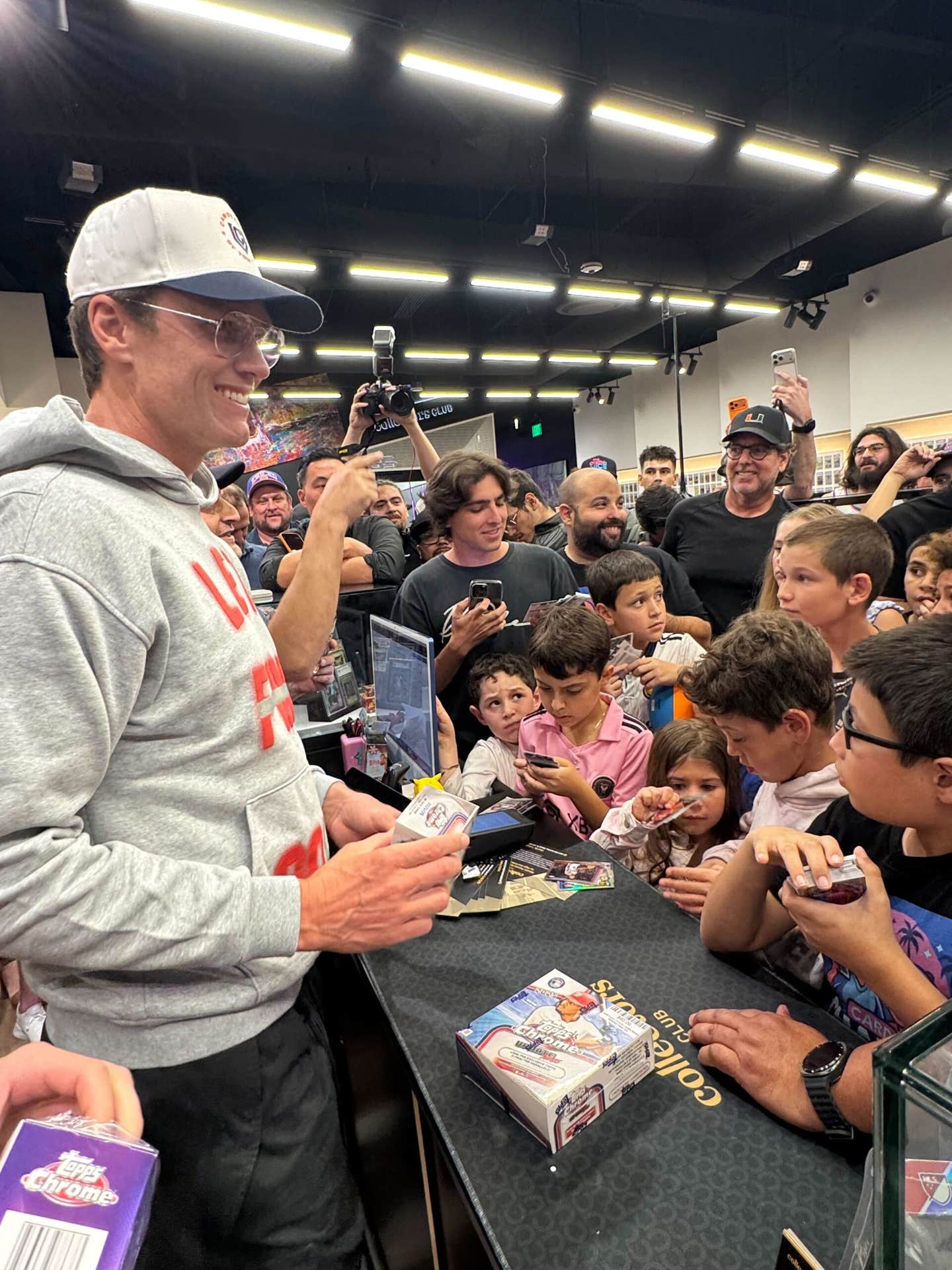News
Surprise! Ted Simmons elected to Hall of Fame
Ted Simmons baseball cards shot up in value and interest with the surprise announcement at the Winter Meetings that the long-time catcher was elected to the Baseball Hall of Fame.
Simmons, a switch-hitting catcher who spent 21 years in the majors, was one of two candidates selected from a 10-man ballot by the Modern Era Veterans Committee. The other was the late Marvin Miller, first executive director of the Major League Baseball Players Association.
Both will be inducted into the Hall of Fame in Cooperstown on Sunday, July 26, along with Derek Jeter, the long-time shortstop and Yankees captain who is virtually certain to be chosen in the to-be-announced January balloting by the Baseball Writers Association of America.
Although Simmons was an eight-time All-Star who hit .285 with 248 home runs while dividing his time among the Cardinals, Brewers, and Braves, he never won a Most Valuable Player award – an honor five of the other men on the ballot received.
Among those Simmons beat out were former MVPs Steve Garvey, Don Mattingly, Thurman Munson, Dave Parker, and Dale Murphy, who won consecutive MVP trophies in 1982-83. Also falling short in the voting were Lou Whitaker, Dwight Evans, and Tommy John, who fell 12 wins short of 300 but was the first pitcher to receive elbow ligament replacement surgery.
Simmons was just 19 when he broke into the big leagues with St. Louis in 1968. A regular within two years, he hit .303 or better five times in his first seven seasons. The former first-round draft pick averaged 17 homers and 90 runs batted in per season from 1971-83.
He reached the World Series with the Milwaukee Brewers, then in the American League, in 1982 after Whitey Herzog traded Rollie Fingers, Pete Vukovich, and Simmons in a mammoth Winter Meetings swap at the 1980 Baseball Winter Meetings. Now, Herzog, Fingers, and Simmons are all on the same team again – as members of the Hall of Fame.
Simmons homered twice in the ‘82 Fall Classic, ironically won by the team that first signed Simmons, the St. Louis Cardinals. The Michigan native chose baseball over football scholarships offered by Michigan, Michigan State, Purdue, Ohio State, and others.
Among players who spent at least half their time as a catcher, Simmons ranks second in hits, doubles, and RBI, and fifth in runs scored.
After retirement, he served as general manager of the Pittsburgh Pirates in the early ‘90s.
The 16-member committee that selected Simmons and Miller consisted of incumbent Hall of Famers George Brett, Robin Yount, Rod Carew, Dennis Eckersley, Eddie Murray, and Ozzie Smith; former executives Dave Dombrowski, Sandy Alderson, David Glass, Doug Melvin, Walt Jocketty, and Terry Ryan; and historians Steve Hirdt, Jack O’Connell, Tracy Ringolsby, and Bill Center. To receive the required 75 percent for election, a winning candidate needed at least 12 votes.
Miller’s election is proof that persistence pays off; the late union leader had been rejected seven times in votes by previous veterans committees. The former United States Steel union head ran the union from 1966-82, a period of enormous turbulence in baseball labor-management relations.
Player salaries multiplied tenfold during his tenure, which sparked numerous changes in the game.
The original ballot was compiled by a separate Historical Overview Committee appointed by the Baseball Writers Association of America. Members of that group were Bob Elliott, Jim Henneman, Hirdt, O’Connell, Ringolsy, Bill Madden, Rick Hummel, Jim Reeves, Glenn Schwarz, Dave Van Dyck, and Mark Whicker.
The Modern Era Committee, one of four rotating Veterans Committees, considers candidates who made their most significant impact from 1970-87. Managers, players, umpires, and executives are all eligible if they spent at least 10 years in the game and have been retired at least five years. Active executives aged 70 or older are also eligible for election.
Tim Mead, new president of the Baseball Hall of Fame, announced the election results at the Baseball Winter Meetings at the Marriott Mandalay Bay in San Diego.
The Modern Era Committee will convene again to consider candidates for the Cooperstown Class of 2023. Two committees, Golden Days (1950-69) and Early Baseball (prior to 1950), will vote at the 2020 Winter Meetings in Dallas next December, with the Today’s Game committee (1988-present) convening the following year.
Former AP sportswriter Dan Schlossberg of Fair Lawn, N.J., is a long-time SCD contributor who also writes baseball for forbes.com, Latino Sports, Ball Nine, and USA TODAY Sports Weekly. His latest book is “The New Baseball Bible: Notes, Nuggets, Lists, and Legends From Our National Pastime.” Dan’s email is ballauthor@gmail.com.



